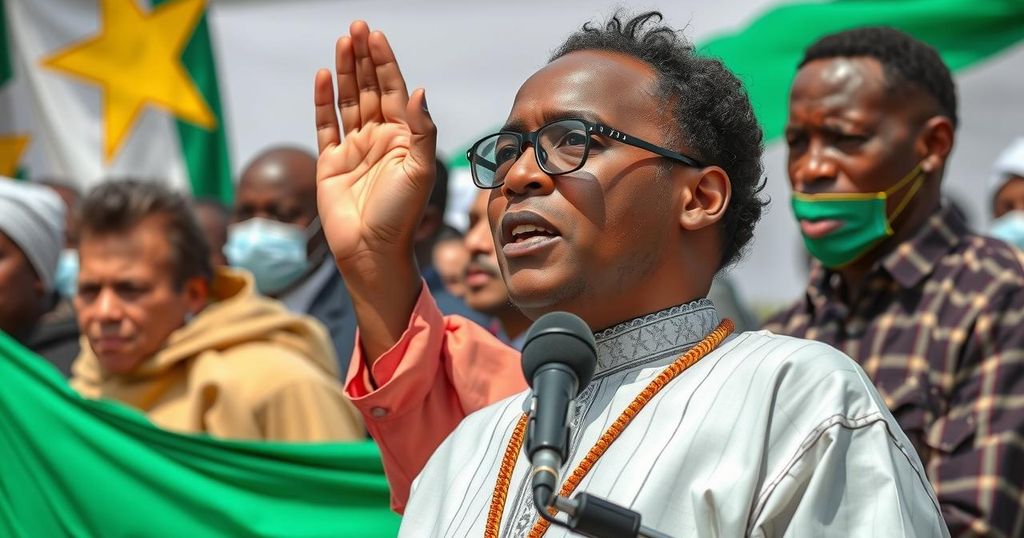Chadian opposition demands the cancellation of Dec. 29 elections, alleging massive boycott and electoral irregularities. The transitional government, led by Mahamat Idriss Deby, reports a 36% voter turnout. Opposition leaders claim the actual turnout was drastically lower, calling for a new transition focused on dialogue and reconciliation. Analysts doubt the annulment of elections, while the government warns against potential unrest.
In Chad, the opposition is demanding the cancellation of the scheduled Dec. 29 general elections, arguing that the current transitional government should be dissolved due to a significant boycott of the polls. Assane Bairra, Vice President of the National Agency for the Management of Elections (ANGE), announced that vote counting is in progress and maintains that irregularities will not impact the overall election results. This latest election cycle was intended to conclude a three-year transitional period established following the death of long-time President Idriss Deby Itno in April 2021, with Mahamat Idriss Deby emerging as the presumptive winner of previous presidential elections held in May.
Opposition leaders assert that the actual voter turnout was substantially lower than the reported 36% of registered voters, claiming that over 90% of voters adhered to their calls for a boycott due to concerns that President Deby seeks to maintain his late father’s autocratic regime. Avocksouma Djona, spokesperson for the Political Actors Consultation Group (GCAP), emphasized the unanimous action of the electorate against the elections, while other opposition figures, such as Succes Masra of The Transformers, called for a new transition characterized by truth and dialogue as a means to forge a stable political environment.
Political analysts, including Yamingue Betinbaye from the University of N’Djamena, expressed skepticism regarding the potential annulment of the elections, despite acknowledging the opposition’s claims of voter suppression and irregularities. The Chadian government has reacted sharply to these calls, asserting they are intended to incite instability and urging citizens to reject any incitements to protest, which could lead to further unrest.
This political situation in Chad highlights the persistent tensions surrounding governance and civil liberties as the country grapples with the legacy of former presidential authority.
Chad has been navigating a period of political instability since the death of its long-standing president, Idriss Deby Itno, in April 2021. Following his death, a transitional government was established, led by his son Mahamat Idriss Deby, who has come under scrutiny for his governance methods. Upcoming elections are intended to transition the country back to a democratic framework; however, opposition parties claim widespread boycott and electoral irregularities, raising doubts over the legitimacy of the electoral process and the intention behind the continued rule of the Deby family.
The situation in Chad remains tense as opposition parties challenge the legitimacy of the upcoming elections and call for a new transitional government. With claims of a massive boycott and allegations of electoral manipulation, the fate of Chad’s political landscape hangs in the balance. The government’s response to opposition demands will be critical in determining the country’s stability and future direction.
Original Source: www.voanews.com






